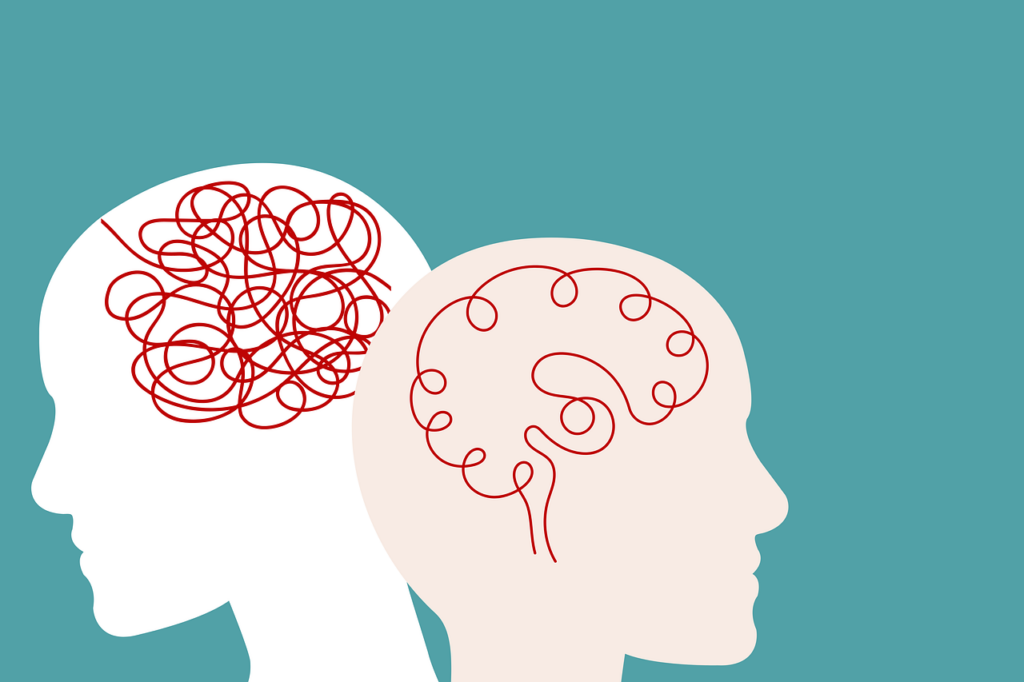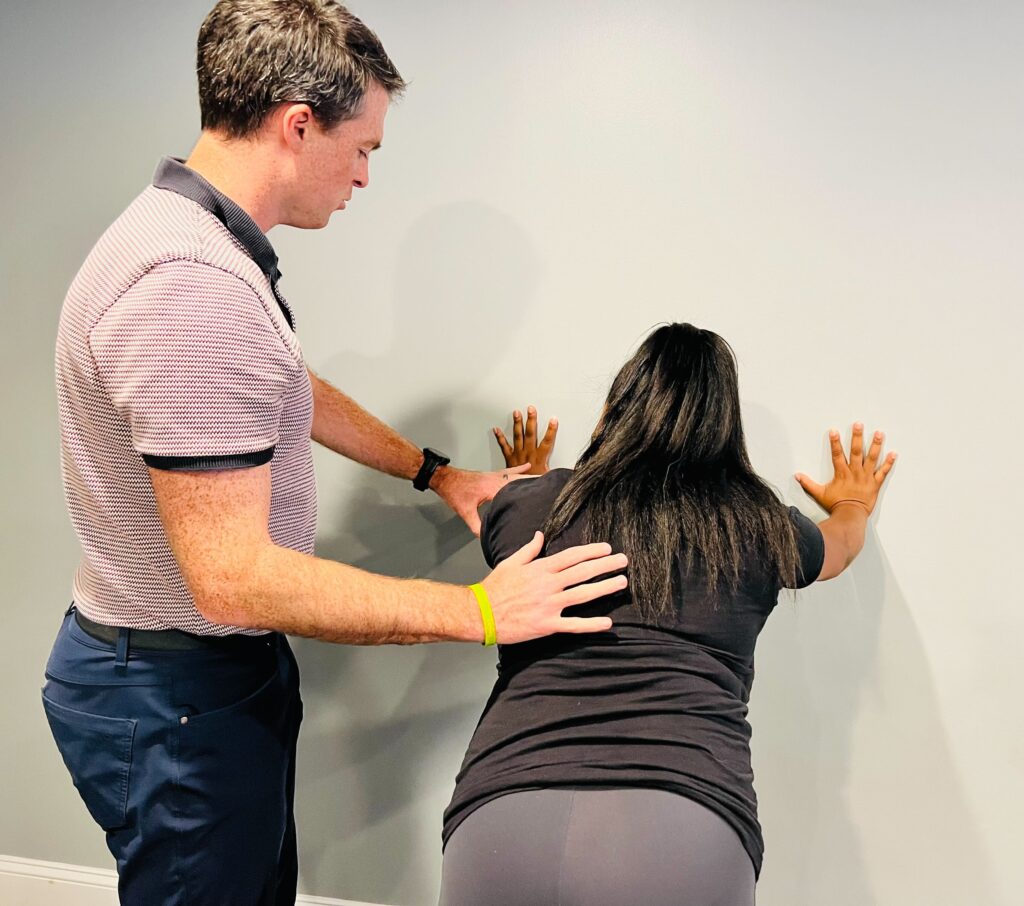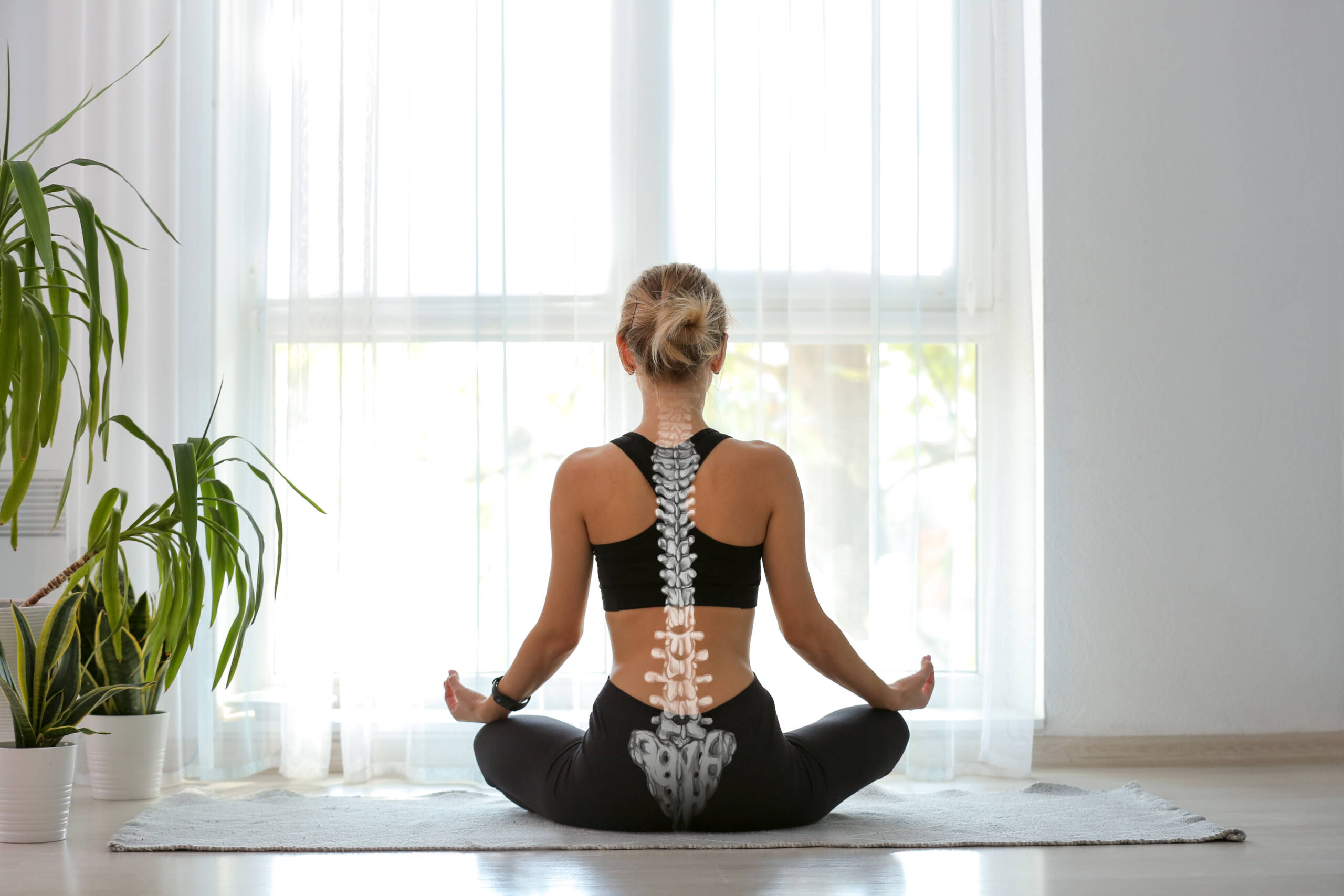What Are Trigger Points?
Have you ever felt sharp pain when pressing on a specific muscle, only to find that the discomfort radiates to another part of your body? If this sounds familiar, you might be dealing with trigger points. These are muscle spasms that, when deprived of blood flow, become irritated and can cause significant pain. Many people are unaware that their discomfort may stem from multiple trigger points, leading to a widespread sense of unease. In fact, trigger points are so common that each muscle in our body has its own referral pattern.
Causes of Trigger Points
Understanding the causes of trigger points is crucial for effective treatment. They can arise from various factors, including:
Everyday Strains
Routine activities or physical exertion can lead to muscle tension and trigger points.
Poor Posture
Consistent poor posture can strain muscles, creating ideal conditions for trigger points.
Underlying Joint Dysfunction
Misalignments or issues in the joints can contribute to muscle tension and trigger points.
Local Trauma
Injuries or direct impacts can cause muscle irritation and trigger points.
Inflammation
Chronic inflammation can lead to muscle discomfort and trigger points.
Overuse Injuries
Repeated use or strain on muscles can create trigger points and associated pain.
For example, if your adductor muscles (inner thigh) become overexerted, it can lead to trigger points that not only restrict leg and pelvic movement but also cause referred pain in the bladder and rectum. Similarly, trigger points in the hamstrings might cause pain in the back of the thigh, buttock, and even radiate down to the knee. Trigger points in the abdominal muscles can contribute to symptoms resembling IBS or various stomach pains.
Effective Treatment for Trigger Points
At Rebalance, we specialize in trigger point therapy to help you regain comfort and mobility. Our expert therapists are trained to identify and treat trigger points using specific manual release techniques. These methods are designed to alleviate the knots in your muscles, reducing pain and improving function.
In addition to treatment, it is essential to incorporate stretching and exercise to support long-term recovery. Our physical therapists will guide you on how to integrate these practices into your routine and discuss other lifestyle adjustments to rebalance your body effectively.
Get Back to Feeling Great
Your body deserves to be strong and functional, free from the discomfort of trigger points. At Rebalance, we are committed to helping you overcome these painful knots and get back to feeling your best. Contact us today to start your journey towards relief and rejuvenation.






